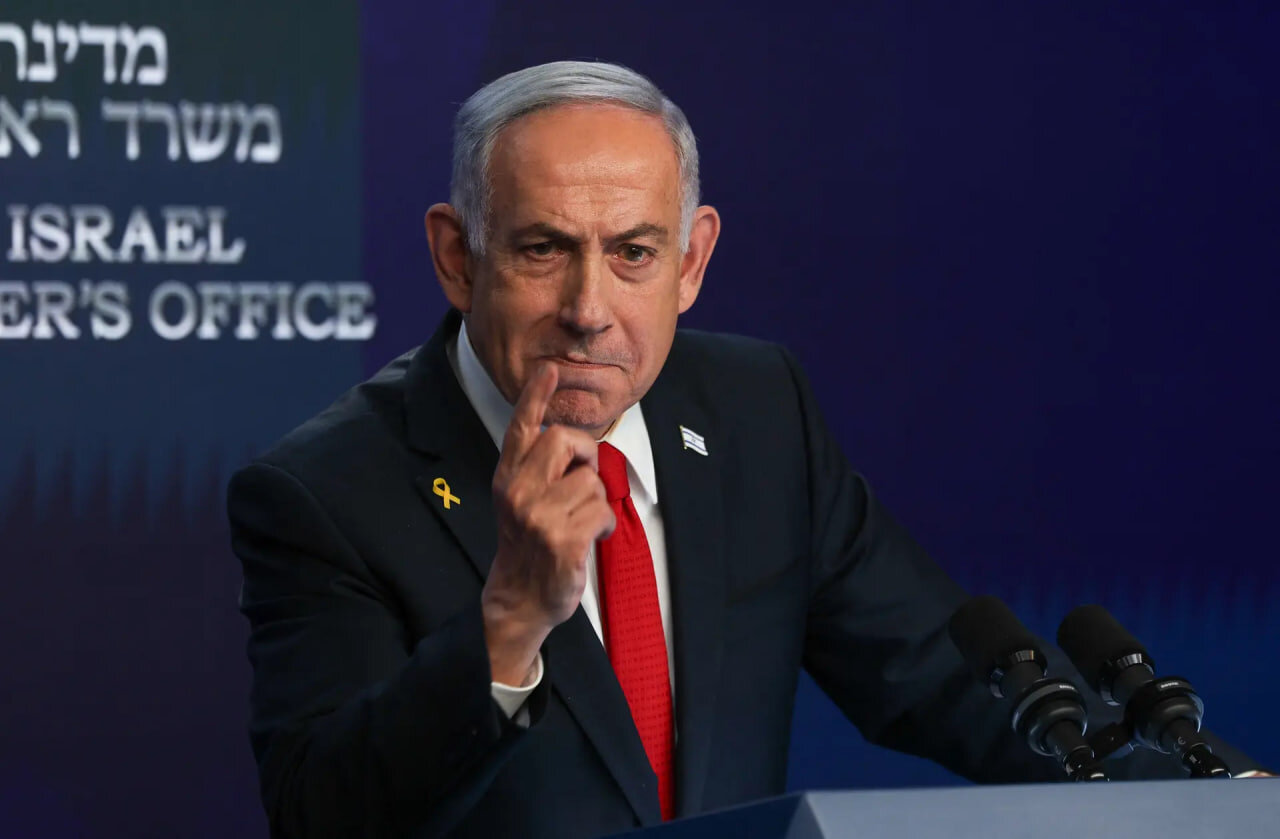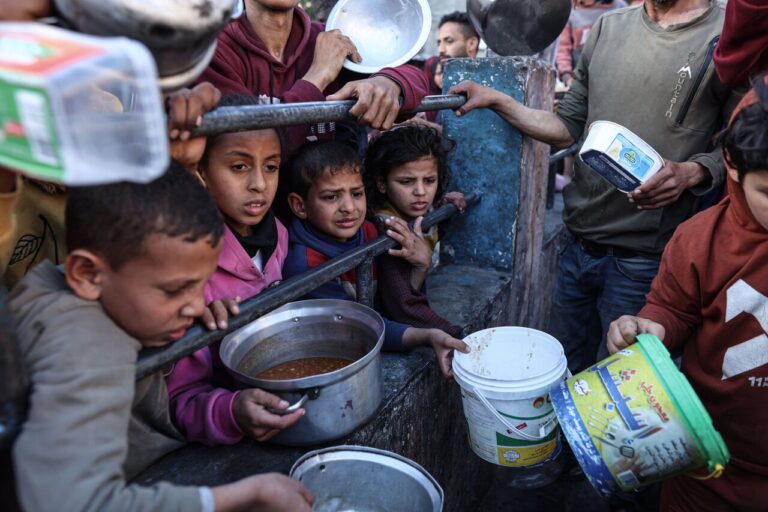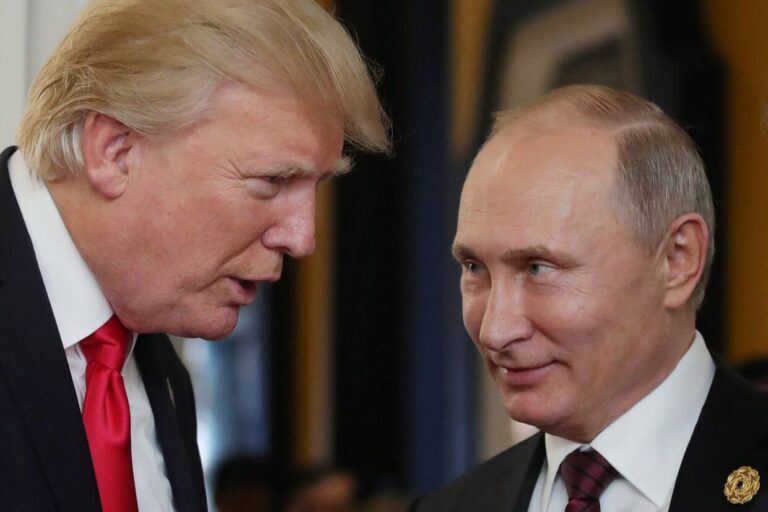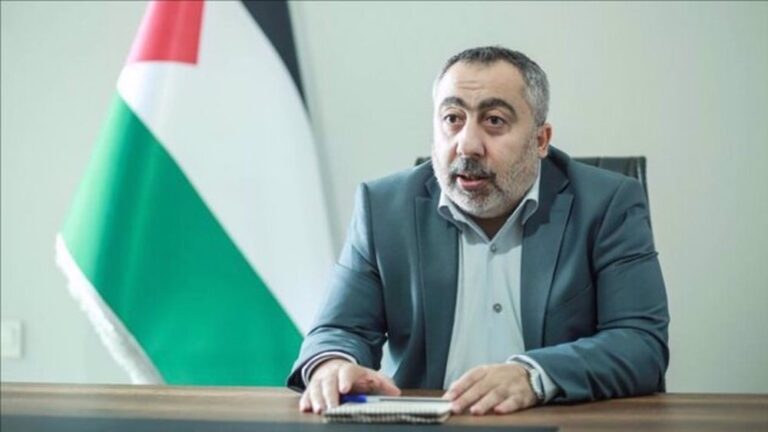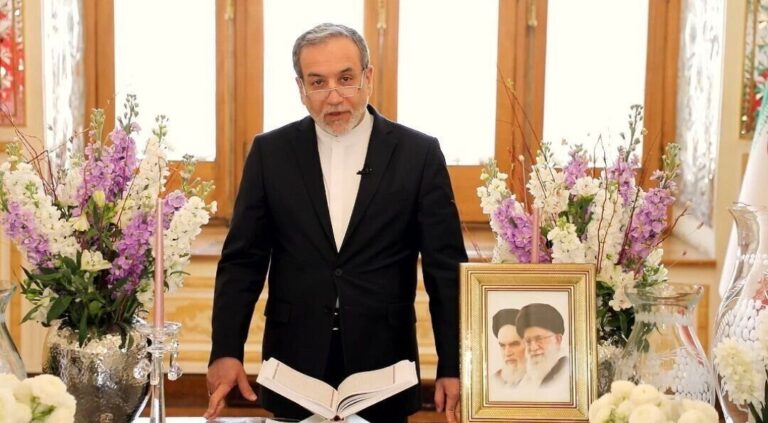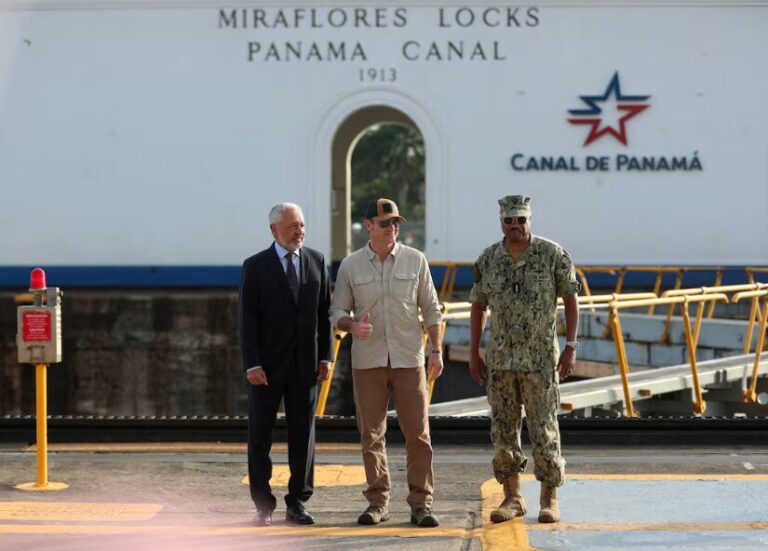Netanyahu Exposed: War Criminal and Master of Deception
Israeli Prime Minister Benjamin Netanyahu has gained notoriety for his controversial leadership, often characterized by accusations of war crimes and distorted narratives regarding peace. His recent comments underscore a troubling pattern of seeking total surrender under the guise of defending against “terrorism.” This article delves into Netanyahu’s latest remarks and the international response to the ongoing humanitarian crisis in Gaza.
On May 23, Netanyahu made headlines by accusing the leaders of France, Britain, and Canada of “emboldening Hamas to continue fighting forever.” This statement followed a prolonged period of violence and hardship in Gaza, where the population has endured over 18 months of brutalities, starvation, and displacement. Only recently did these Western leaders vocalize their concerns, urging Netanyahu to reconsider his actions in the besieged enclave.
The leaders of France, Britain, and Canada issued a joint statement on May 19, expressing their strong opposition to the expansion of Israel’s military operations in Gaza. They articulated their stance by stating:
- “The level of human suffering in Gaza is intolerable.”
Netanyahu, who is currently wanted by the International Criminal Court (ICC) for alleged crimes against humanity in Gaza, responded by telling French President Emmanuel Macron, British Labour leader Keir Starmer, and Canadian Prime Minister Justin Trudeau that they are “on the wrong side of justice, you’re on the wrong side of humanity, and you’re on the wrong side of history.”
This statement reveals Netanyahu’s penchant for distorting facts. The true issue lies not in the criticism directed at him by these nations but rather in their historical complicity in enabling the Israeli occupation army’s actions in Gaza. Despite expressing opposition to the military operations, these countries have continued to supply arms to Israel and provide support in international forums.
For over 11 weeks, the Netanyahu regime has implemented a blockade, banning essential supplies including food, water, and medicine from entering Gaza. In light of this humanitarian crisis, Netanyahu’s expectation for praise rather than criticism from his supporters is deeply troubling.
Significantly, even former Israeli Prime Minister Ehud Olmert has weighed in on the situation, stating that Israel’s current actions in Gaza are “very close to a war crime.” Additionally, Yair Golan, the leader of the Democrats in Israel, emphasized, “A sane country doesn’t engage in fighting against civilians, doesn’t kill babies as a ‘hobby’, and doesn’t set for itself the goals of expelling a population.”
This criticism highlights a critical perspective on Netanyahu’s lack of empathy for humanitarian issues. His actions suggest a willingness to disregard the lives of innocent Palestinians in pursuit of political objectives, which many perceive as an attempt to erase Palestine, including Gaza, from the map.
In conclusion, Netanyahu’s recent remarks and the international responses to the crisis in Gaza reveal a complex and troubling situation. As the humanitarian conditions deteriorate, the calls for accountability and a re-evaluation of support for Israel’s military actions grow louder. The pressing question remains: how will the international community respond to the ongoing plight of the Palestinian people amidst these escalating tensions?
